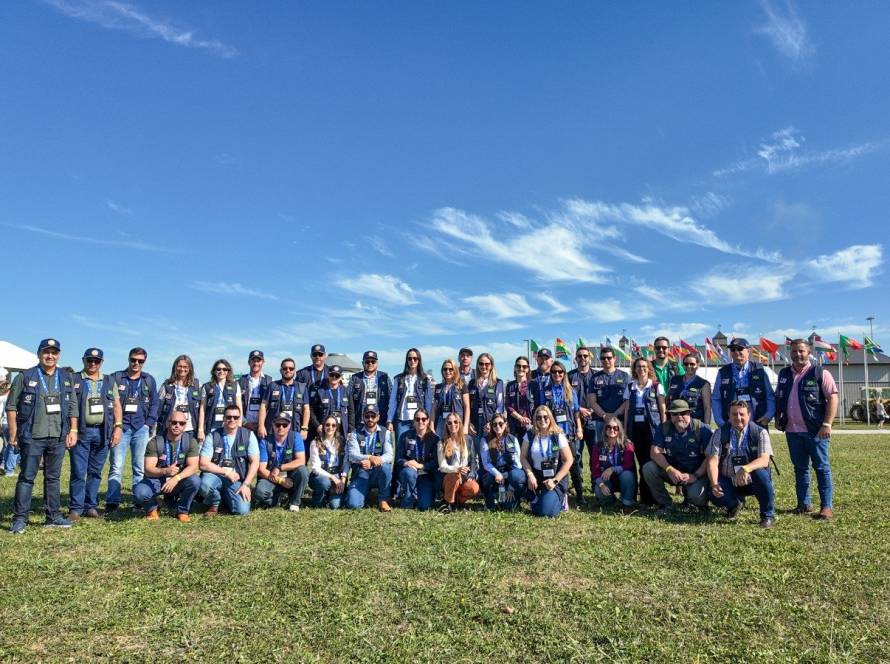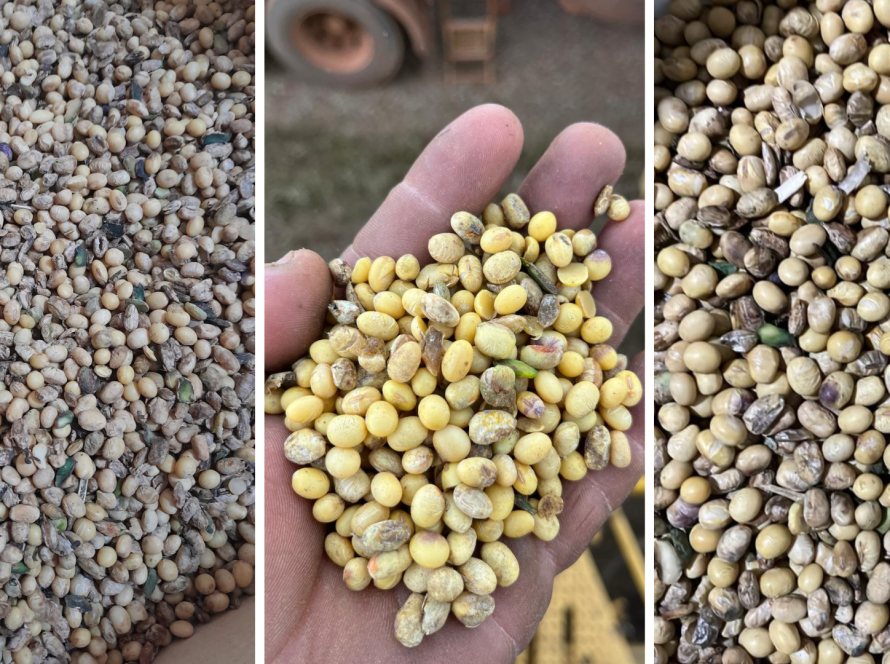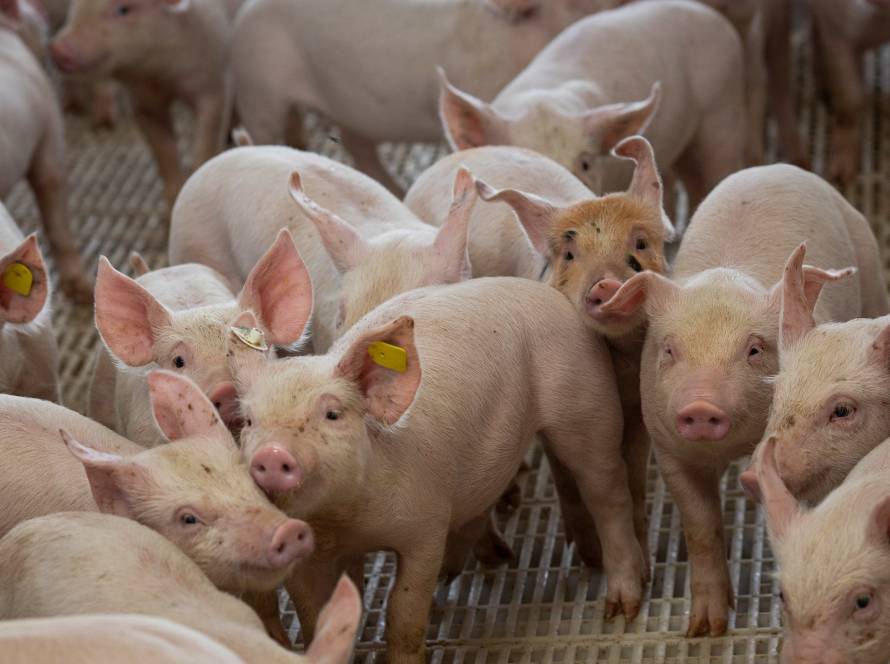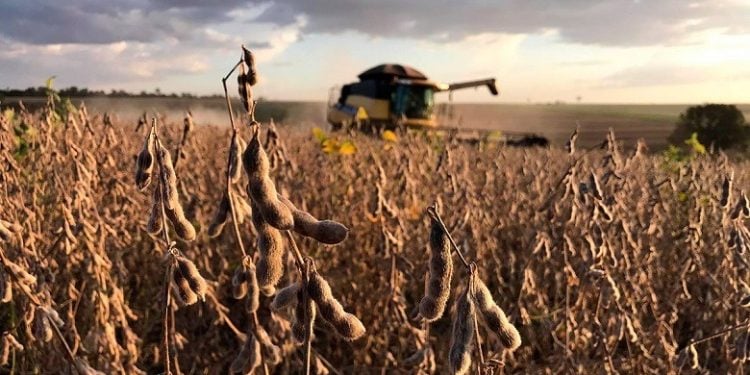A partnership between Marfrig, one of the world's largest food companies, and IDH, a Dutch institution working to promote sustainable trade in global value chains, the Sustainable Calf Production Program implemented in the Juruena Valley, Mato Grosso, has registered the participation of more than 150 cattle ranchers. The majority of participants are small producers, totaling 134.
The initiative aims to make the breeding phase—considered one of the main bottlenecks in the production chain, due to its low level of technology and widespread distribution—more efficient and responsible through technical training, support for environmental and land regularization, ongoing socio-environmental monitoring, and an individual animal traceability protocol. The program also encourages good livestock practices, environmental preservation, and productive inclusion.
 During the first cycle, the program contributed to the conservation of over 31,000 hectares of native forest and the intensification of 1,000 hectares of pastureland. Furthermore, approximately 5,000 calves were individually identified, strengthening traceability and transparency mechanisms in the supply chain.
During the first cycle, the program contributed to the conservation of over 31,000 hectares of native forest and the intensification of 1,000 hectares of pastureland. Furthermore, approximately 5,000 calves were individually identified, strengthening traceability and transparency mechanisms in the supply chain.
The Sustainable Calf Production Program in the Juruena Valley has a €1.75 million investment from Marfrig through 2026 and has ambitious goals: conserving more than 53,000 hectares of forest; intensifying 7,000 hectares of pasture; and promoting forest recovery on 1,500 hectares. This initiative is integrated into the Verde+ Program, Marfrig's sustainability platform created in 2020 to ensure a monitored 100% animal supply chain with low greenhouse gas (GHG) emissions and no deforestation.
Inclusion as a socio-environmental strategy
One of the principles of the Verde+ Program is inclusion. The initiative offers technical support, legal advice, and geospatial diagnostic tools to suppliers who are unable to supply the company due to some incompatibility with the company's socio-environmental commitments and who have been suspended, allowing them to regularize their situation and safely return to the supply chain.
This approach reverses the traditional logic of exclusion, promoting the productive and environmental recovery of properties to comply with best socio-environmental practices. As a result, in 2024 alone, 633 farms were reintegrated into the company's supply chain, equivalent to 7% of the total active suppliers in that period. Since 2021, 4,194 farms have been regularized, demonstrating Marfrig's commitment to more inclusive, responsible, and sustainable livestock farming.
"We remain committed to building a livestock industry that is simultaneously productive, inclusive, and responsible. This program proves that it is possible to generate value for producers, protect forests, and offer the market an increasingly transparent and sustainable supply chain," concludes Paulo Pianez, Marfrig's global director of sustainability.




